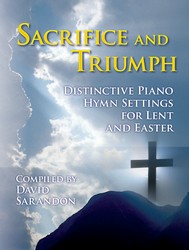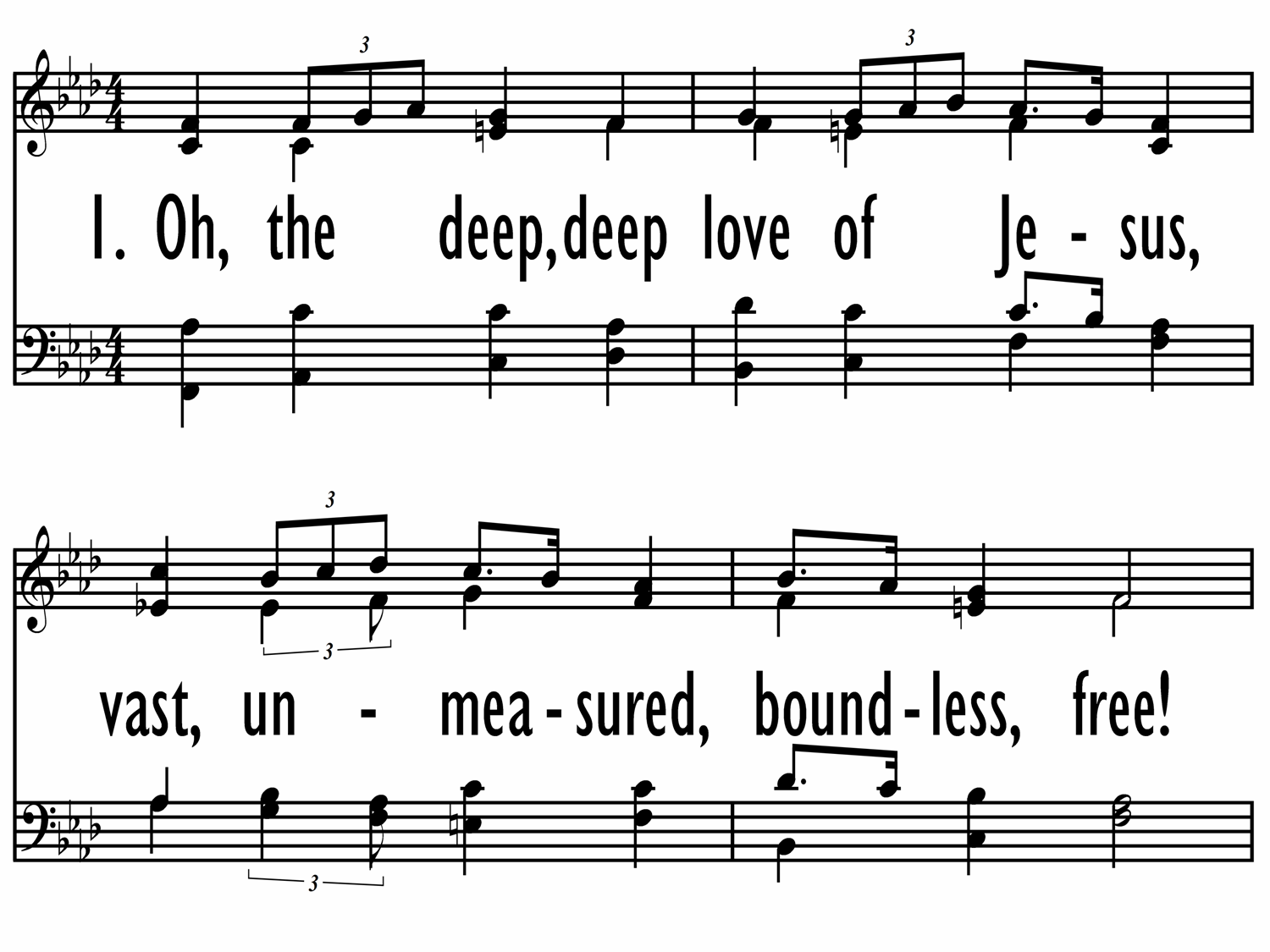- |
User Links
Alleluia, Alleluia! Hearts to Heaven
Hymn Information
- First Line
- Alleluia, alleluia!
- Author
- Christopher Wordsworth (1862, alt.)
- Tune Name
- EBENEZER
- Composer
- Thomas J. Williams, 1869-1944 (1890)
- Topic
- Church Year: Easter/Season of Easter · Powers of Darkness · Doxologies · Jesus Christ: Resurrection · Joy · Music and Singing · Praise of Christ · Responses: To Prayer · Trinity
Copyright Information
- Text Copyright
- Public Domain
- Tune Copyright
- Public Domain
- Reprint/Projection Information
- Words and Music: The Words and Music are in the Public Domain; you do not need permission to project or reprint the Words and Music.
Full Text
Scripture References
Further Reflections on Scripture References
The text proclaims the meaning of Christ's resurrection. The "alleluias" that begin stanzas 1, 2, and 4 and run throughout stanza 4 lift this teaching hymn to a high level of praise. The entire text is influenced by Paul's resurrection discourse in 1 Corinthians 15:1-28.
Psalter Hymnal Handbook
Confessions and Statements of Faith References
Further Reflections on Confessions and Statements of Faith References
Easter hymns accomplish three functions: they recount the Easter narrative, proclaim our Easter hope, and celebrate our joy at Christ’s resurrection. This hymn is built on the professions of Easter truths that are expressed primarily in Heidelberg Catechism. Note especially the following:
- Lord’s Day 17, Question and Answer 45 declares that Christ’s resurrection makes us share in Christ’s righteousness, raises us to a new life by his power, and is a sure pledge to us of our resurrection.
- Lord’s Day 22, Question and Answer 57 comforts us to know that not only our soul but “also my very flesh will be raised by the power of God, reunited with my soul, and made like Christ’s glorious body.”
- Lord’s Day 22, Question and Answer 58 says that it may be a comfort to know that while experiencing the beginning of eternal joy now, “after this life I will have perfect blessedness such as no eye has seen, no ear has heard, no human heart has ever imagined: a blessedness in which to praise God forever.”
In addition, Our Song of Hope, stanza 5 professes: “On the day of the resurrection, the tomb was empty; His disciples saw Him; death was defeated; new life had come. God’s purpose for the world was sealed.”
Alleluia, Alleluia! Hearts to Heaven
Call to Worship
Words of Praise
Assurance
Blessing/Benediction
Alleluia, Alleluia! Hearts to Heaven
Tune Information
- Name
- EBENEZER
- Key
- e minor
- Meter
- 8.7.8.7 D


 My Starred Hymns
My Starred Hymns






